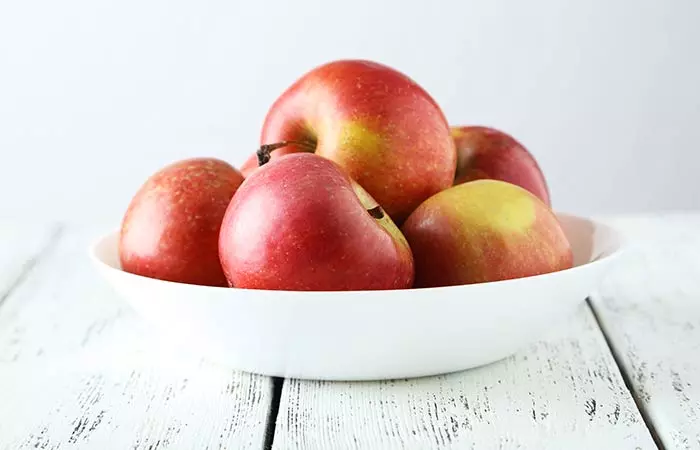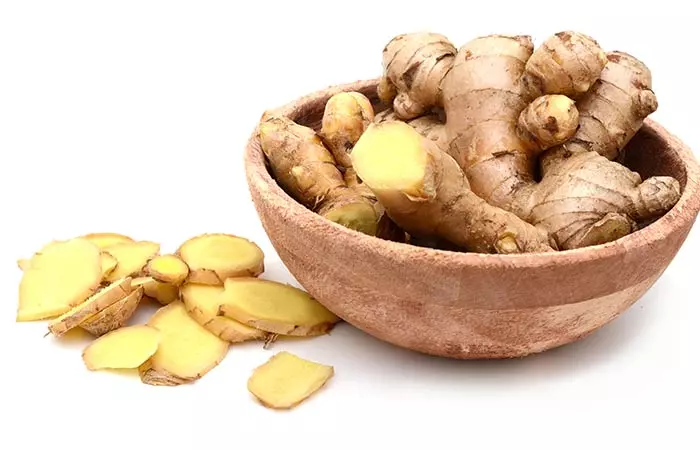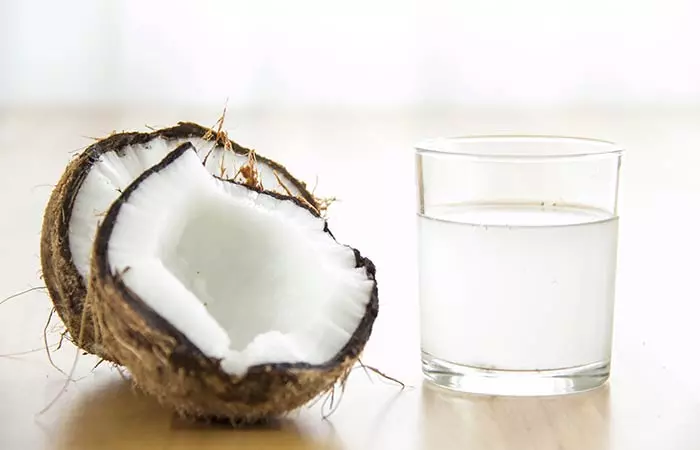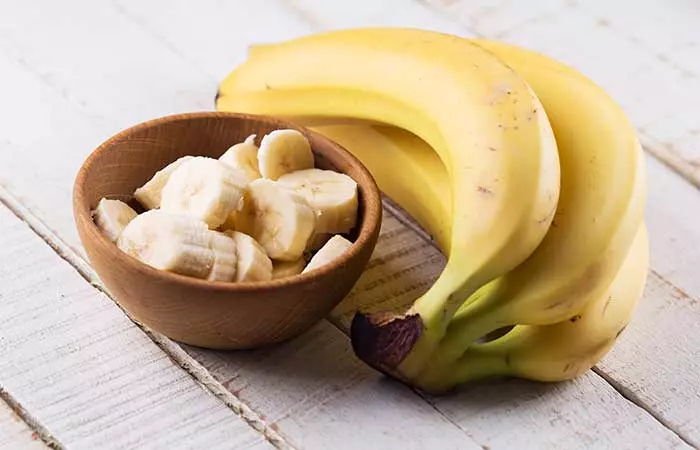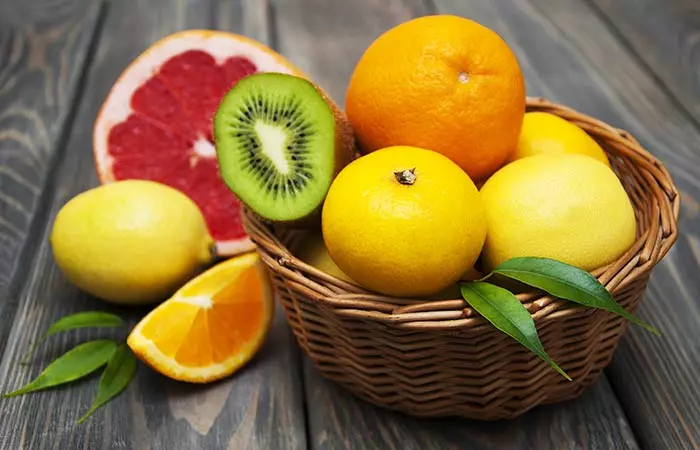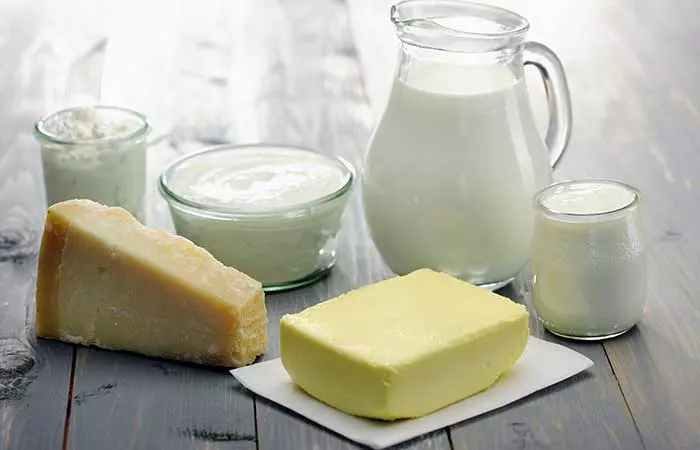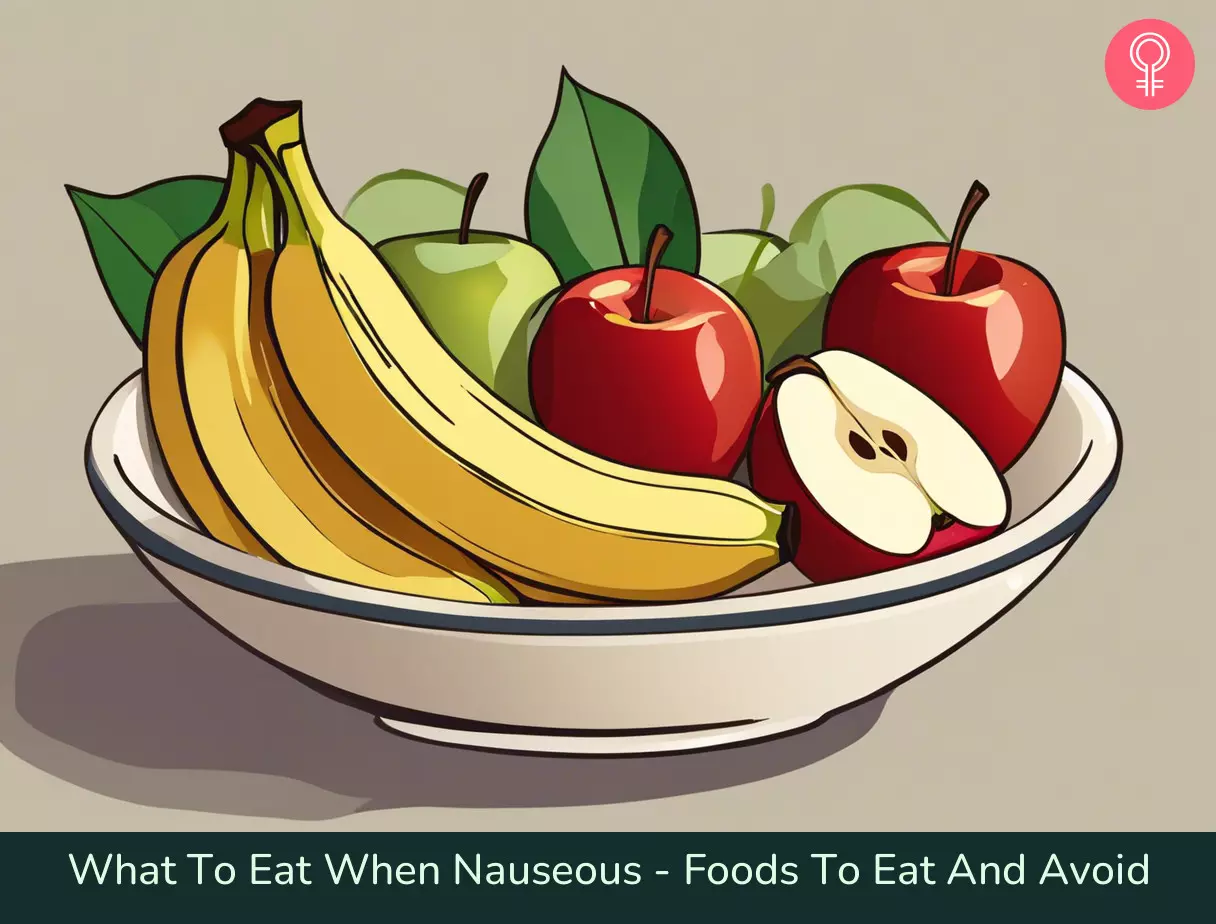From time to time, adults experience nausea. It can be due to allergies, pregnancy, irregular diet, food intolerancei The digestive problems (like nausea, bloating, etc.) that occur after the intake of certain foods. , certain medications, gut diseases, surgery, cancer treatments, and hormone disordersi Diseases that affect the organs that secrete hormones needed for proper body functioning. . A study was undertaken to understand the digestive complications faced by Covid-19 patients, and a total of 1992 patients met the criteria. 53% of patients experienced at least one gastrointestinal symptom at any time during their illness, like diarrhea (34%), nausea (27%), vomiting (16%), and abdominal pain (11%). So there might be many other diseases that can cause nausea, not just a select few. Eating food while feeling nauseous is a daunting task. However, selecting appropriate foods can effectively mitigate discomfort. Staying hydrated and balancing your body’s electrolytesi are crucial for reducing nausea. There are also certain foods that help reduce nausea. This post lists out foods you can eat and one you must avoid while feeling nauseous. Scroll down to know what to eat when nauseous!
What Are The Foods To Eat While You Feel Nauseous?
Here is a list of foods to eat when nauseous. Read through to know better!
1. Apples
Apples are high in fiber and help rid your body of toxins faster. They also aid digestion (1). This way, they can accelerate intestinal transit and help relieve nausea. You can either have an apple or make applesauce and have it with toast.
2. Ginger
Gingerol and shogaol, two major components in ginger, have been shown to relieve nausea in chemotherapyi Most typical treatment for cancer involving the use of powerful chemicals that target rapidly multiplying cells. patients (2). Ginger also helps relieve morning sickness commonly associated with pregnancy(3). It is one of the effective home remedies for nausea during pregnancy. You can chew on a ginger root or boil it with water and consume it. Note: Ensure you avoid excess ginger during summers as it may lead to a burning sensation.
3. Coconut Water
Coconut water plays an important role in helping with nausea (4). It can help treat morning sickness in pregnant women and dehydration-associated nausea in infants and children. A tablespoon of lime juice with a glass of coconut water can help relieve nausea. While the coconut water has electrolytes, the lime juice can enhance the taste. Kelsey Selens, a vlogger, shares in one of her vlogs her personal experience of managing nausea during her first trimester of pregnancy. She discusses the importance of drinking lemon water to alleviate nausea and morning sickness. Emphasizing the importance of proper hydration, she states, “I definitely noticed that my nausea would be way less if I was super hydrated (i).”
4. Broths
Don’t we love having soups when we are sick? Well, there’s a reason behind it. The hot broth helps clear nausea caused by headaches and congestion (5). When you are transitioning from liquid food to solid food during sickness, broth can be a good option.
5. Bananas
Nausea can make eating difficult. Hence, it is important to consume nutrient-dense foods. Well! Do bananas help with nausea? Yes, they do! Bananas serve as a power-packed meal during these times. They are energy-dense, and they also stimulate the production of mucusi Gel-like substance lining the surface of the stomach that protects the stomach lining and assists in the movement of food. in the stomach lining (6). This helps relieve gastric disturbances, including nausea.
6. Herbal Teas
Herbal teas, like that of peppermint and chamomile, have shown to relieve nausea in women who had undergone a C-sectioni A surgical process to successfully deliver babies with surgical cuts made in the abdomen and uterus. (7). Though there is no scientific evidence to back this up, many people with nausea have found herbal teas to be useful in relieving the symptoms.
7. Licorice Root
Licorice root is an effective remedy to treat several stomach-related issues. In a study, intake of GutGard, a product made from the extract of licorice root, was found to help treat indigestion (8). While more direct research on licorice is warranted, it could be safe to assume that the root may help improve acid reflux, nausea, and vomiting associated with indigestion. You may brew loose licorice herbs in hot water to make tea and drink it at least once a day. You can also mix liquid licorice extract in beverages of your choice or take licorice capsules or chewable tablets.
What Foods Should You Avoid?
1. Acidic Fruits
Consuming acidic fruits upsets the stomach more. Hence, opting for non-acidic fruits (like bananas is a better option.
2. Oily Foods
Ulcers and gastrointestinal diseases can be very discomforting to your digestive system. These foods promote gas and lead to poor digestion.
3. Milk (Dairy Products)
Dairy products, including milk, may aggravate nausea and vomiting (8).
4. Refined Sugar
Foods rich in refined sugar are not easily digestible. They can lead to heartburni Burning sensation experienced in the chest and throat when the stomach acid rises up the food pipe (esophagus). and, eventually, nausea (10).
5. Soda
Soda or other carbonated drinks can cause heartburn and indigestion (11). These are also high in sugar and can upset your stomach.
6. Spicy Food
Spicy food can irritate your stomach and aggravate symptoms of gastritisi Inflammation in the lining of the stomach caused due to injuries, infection, or excessive consumption of alcohol. (12). This may lead to nausea.
7. Alcohol
Alcohol is a diuretic that causes your system to lose water, which can lead to dehydration (13). This can eventually cause nausea. These foods/beverages can possibly aggravate nausea. Hence, we suggest you steer clear of them. In addition, there are other ways you can keep nausea at bay.
Tips To Control Nausea
Here are a few tips and remedies that you can follow to prevent or treat nausea:
Ensure you eat something healthy every 1 to 2 hours. Eat and drink slowly as it will help you relax while enjoying your meal. Also, avoid consuming solids and liquids at the same time. Remember, your stomach is already upset, so keep your pace slow. Avoid lying flat on your stomach right after eating as it can create pressure on your abdomen. Food preparation and certain odors may also trigger nausea. So, be careful with your preparations. Keep rinsing your mouth after you eat anything. The unpleasant smell that lingers in your mouth may also cause nausea. Avoid being around the kitchen or any cooking area where the different aromas of food while cooking may aggravate the symptom.
Should I make myself vomit if nauseous? You can vomit naturally if you get the urge, but you should not force it. How long does nausea usually last? In most cases, acute nausea may last between a few days and a month. Beyond that, it could be a case of chronic nausea. Is orange juice good for nausea? Acidic and citric fruits like oranges might aggravate nausea and aren’t recommended. Is peanut butter good for nausea? A lack of protein may worsen nausea. Having protein-rich food like peanut butter can help get some relief from nausea.
Illustration: What To Eat When Nauseous - Foods To Eat And Avoid
Feeling nauseous can make you uncomfortable and put you in awkward situations. Watch this video to learn about the best foods that can help treat nausea. i. How to Get Rid of Pregnancy Nausea! TOP 5 TIPS!, https://www.youtube.com/watch?v=8nqjxjQw7yk
